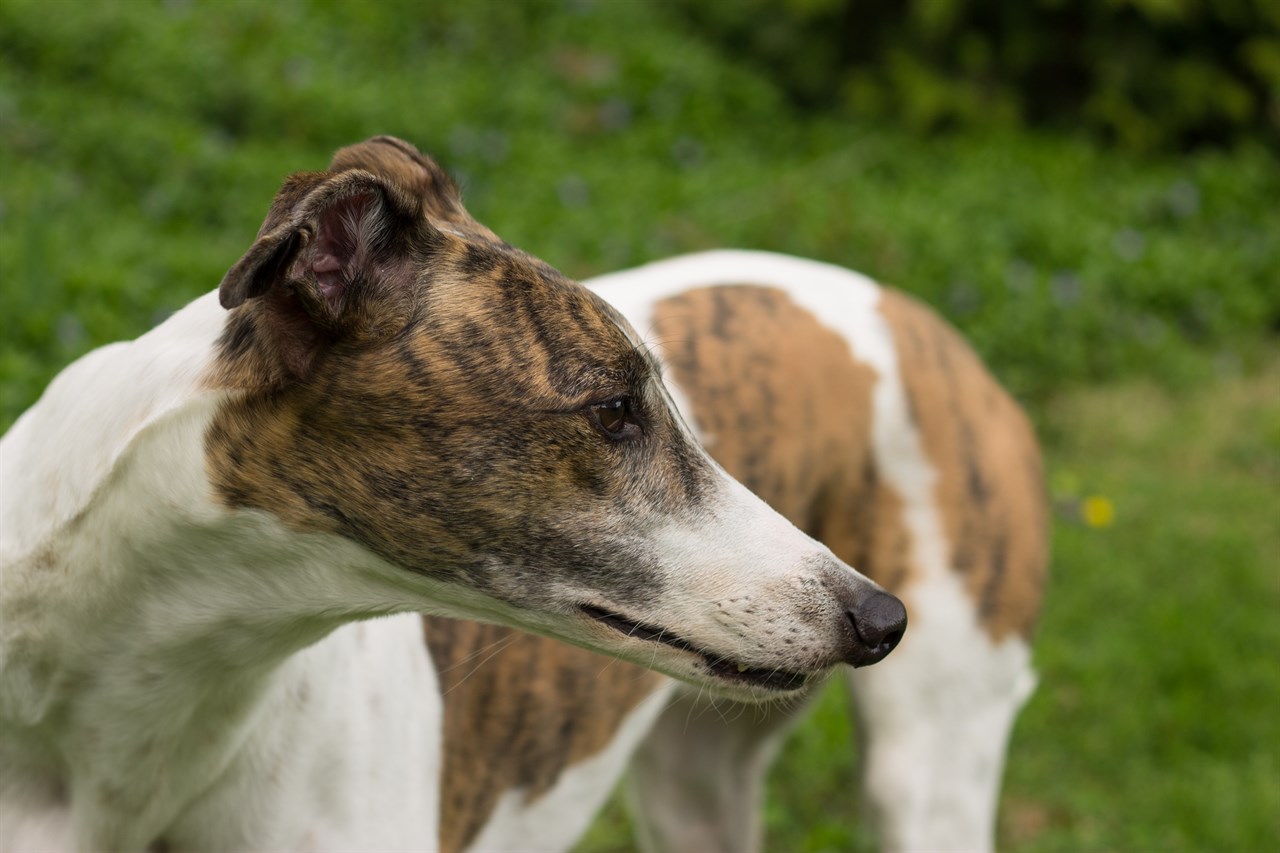Common Health Issues for Greyhounds

Greyhounds are generally a healthy and hardy breed, but like all dogs, they can be prone to certain breed-specific health issues. Responsible breeding practises can help minimise the risk of these conditions, but it's essential for Greyhound owners to be aware of potential health concerns. Regular veterinary check-ups and early intervention are crucial for maintaining your Greyhound's health. Here are some common health issues associated with Greyhounds.
Bloat (Gastric Torsion)
Bloat is a life-threatening condition that can affect Greyhounds, as well as other deep-chested breeds. It occurs when the stomach fills with gas and twists on itself, blocking blood flow. Symptoms include restlessness, a distended abdomen, unsuccessful attempts to vomit, and rapid breathing. Immediate veterinary attention is critical to treat bloat.
Hip Dysplasia
Hip dysplasia is a genetic condition in which the hip joint does not develop properly. It can lead to arthritis and hip pain. While Greyhounds are not as prone to hip dysplasia as some other breeds, it can still occur. Maintaining a healthy weight and regular exercise can help reduce the risk.
Heart Disease
Greyhounds are susceptible to heart diseases, including dilated cardiomyopathy (DCM). DCM is a condition that affects the heart's ability to pump blood effectively. Regular cardiac check-ups with a veterinarian can help monitor and manage heart health.
Osteosarcoma
Greyhounds are at a higher risk for osteosarcoma, a type of bone cancer, compared to some other breeds. The most common site for this cancer in Greyhounds is the long bones, often requiring amputation as part of the treatment. Early detection and prompt treatment are essential for managing this aggressive cancer.
Bleeding Disorders
Some Greyhounds may have bleeding disorders, such as von Willebrand's disease or thrombopathia. These conditions can cause excessive bleeding after injury or surgery and may require special precautions and treatments.
Hypothyroidism
Hypothyroidism is a condition where the thyroid gland does not produce enough hormones. Greyhounds can be affected, leading to symptoms such as weight gain, lethargy, and skin issues. It is usually manageable with medication.
Cornification Disorder
Greyhounds may experience a skin condition known as cornification disorder. This condition can cause thickening of the skin, particularly on the nose and footpads. While it is not typically serious, it can require ongoing monitoring and care.
Ocular Issues
Greyhounds are more prone to certain eye conditions, including progressive retinal atrophy (PRA) and cataracts. Regular eye check-ups can help detect and manage these issues.
Sensitive Skin
Some Greyhounds have sensitive skin and may be prone to dermatitis or allergies. Proper grooming, regular baths, and a diet tailored to their specific needs can help manage skin conditions.
It's important to note that not all Greyhounds will develop these health issues, and many live long and healthy lives. Responsible breeding practises that screen for genetic conditions can reduce the risk of inherited diseases. Regular veterinary care, a balanced diet, appropriate exercise, and a loving home environment are all key factors in maintaining your Greyhound's health and well-being. If you choose to adopt a Greyhound, be sure to work closely with a reputable breeder or rescue organisation to ensure the healthiest possible start for your new companion.
Greyhound puppies for sale
- Find Greyhound puppies for sale in ACT
- Find Greyhound puppies for sale in NSW
- Find Greyhound puppies for sale in NT
- Find Greyhound puppies for sale in QLD
- Find Greyhound puppies for sale in SA
- Find Greyhound puppies for sale in TAS
- Find Greyhound puppies for sale in VIC
- Find Greyhound puppies for sale in WA